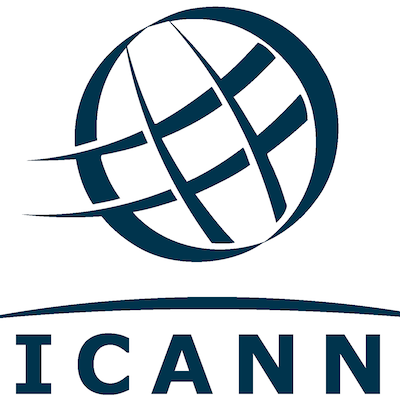
A new proposal proposed at ICANN will look to limit access to proxy and privacy services which could expose web owners personal information such as their address to the entire Internet.
“When you register a domain, you must post information, including an address, phone number and email to a global database called WHOIS,” according to Sarah Jeong and Kendra Albert of Wired.
“The information is easily available online via a terminal command or an online lookup tool. If a domain registrant doesn’t want the Internet masses to know their address or phone number, they have two options: enter modified information, or use a privacy or proxy registration service that hides the information behind that of a company.”
There is a slight gray area here as the authors explain that the proposal is seeking to limit the privacy and proxy domain protect to websites that are not commercial. Commercial as stated in the article is defined as any “small business owner who sells products online through an online store.”
“Why is this information available at all? WHOIS is an archaic remnant from the earliest days of the Internet whose “fathers” neglected to think about the consequences of requiring domain owners to make their physical addresses public,” said Jeong and Albert.
“In the early days, the physical address was usually a university building, not someone’s home, and the population of people online was orders of magnitude smaller.”
The authors believe that having a personal address exposed can mean anything from small dangers such as prank deliveries and malicious mail or scams, to real danger such as a particular party targeting your home for a burglary. Other dangers addressed in the article included SWATing and the endangerment of activists and journalists.
The security downgrade might give anyone on the Internet to come knocking at your door if approved and while the writers caution that’s not what the ICANN set out to do, they do remain adamant that it’s exactly what would happen.
Read the full story.



